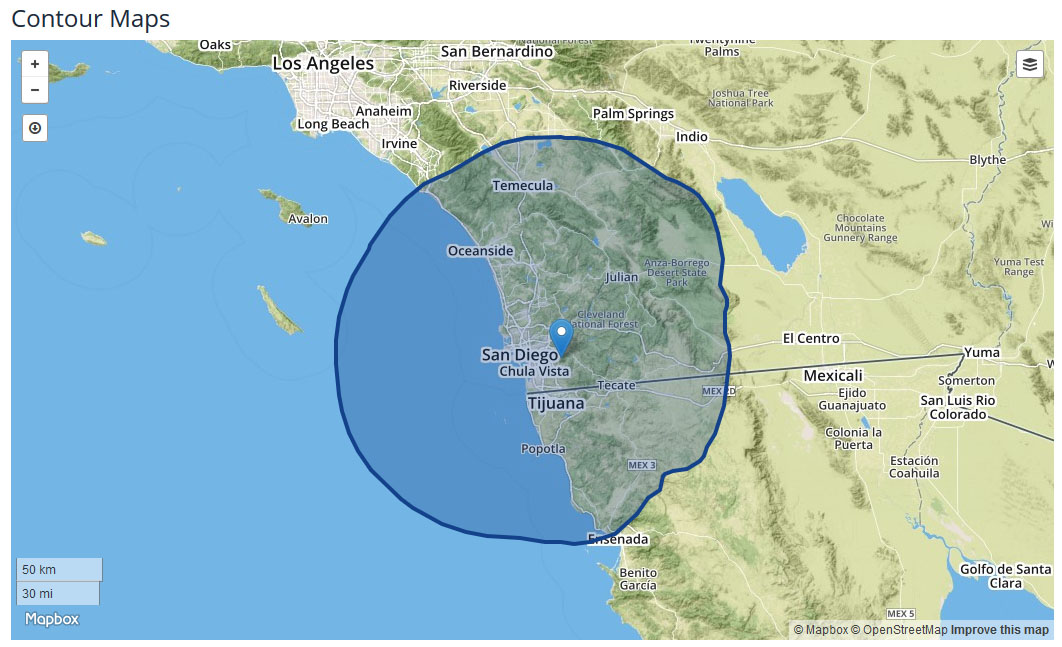


Starring: Güneş Nezihe Şensoy, Doğa Zeynep Doğuşlu, Elit İşcan, Tuğba Sunguroğlu

Audio Description (AD) available for Upside Down, Marjorie Prime, Race, Brad's Status and Nebraska.Closed Captions (CC) available for Upside Down, Marjorie Prime, Breathe, Under the Skin, Race and Brad's Status.Find out what's screening where and when. However, cities may be used alone in undated stories if no confusion would result.When it comes to movies, there's something for everybody on SBS, SBS VICELAND, NITV and SBS On Demand. Provide a state or nation identification for the city if the story has no dateline.There is no need, for example, to refer to “Boston, Mass.” in a story datelined NEW YORK. The additional identification may be omitted, however, if no confusion would result. Follow the city name with further identification in most cases where it is not in the same state or nation as the dateline city.Make an exception only if confusion would result. No further information is necessary if a city is in the same state as the datelined city.In citing other cities within the body of a story, use the following guidelines. In these cases, use the commonly accepted territory name after a city name in a dateline. Some overseas territories, colonies, and other areas that are not independent nations commonly have accepted separate identities based on their geographic character or special status under treaties. Indentify an individual island, if needed, in the text. When reporting from nations and territories that are made up primarily of islands but commonly are linked under one name, use the city name and the general name in the dateline. See geographic names page for guidelines on spelling the names of international cities and nations not listed here or in separate entries.For all others, use just a country name: Gambia, Netherlands, Philippines, etc. For divided nations, use the commonly accepted names based on geographic distinctions: North Korea, South Korea.Instead of “United Kingdom,” use England, Northern Ireland, Scotland, or Wales.If none is found, follow Webster’s New World College Dictionary.) For example, “Argentina” for the “Republic of Argentina.” (If in doubt, look for an entry in this book. In most cases, the name of the nation in a dateline is the conventionally accepted short form of its official name. Stories from other international cities that do not stand alone in datelines should contain the name of the country or territory (see the next section) spelled out. Commonwealth of Independent Statesįor cities in the former Soviet Union, datelines include city and republic name: “ALMATY, Kazakhstan.” Other Nations

Do not abbreviate any province or territory name. With the independence of Montenegro from Serbia-Montenegro formalized in 2006, use a Montenegro-only dateline, such as “PODGORICA, Montenegro.” Stories originating in Serbia carry a Serbia-only dateline, “BELIGRADE, Serbia.” With the independence of Kosovo in 2008, use Kosovo in the dateline, such as “PRISTINA, Kosovo.” Canadian Datelinesĭatelines on stories from Canadian cities other than Montreal, Quebec City, and Toronto should contain the name of the city in capital letters followed by the name of the province. Abbreviate all other states as they are listed on our AP Style State Abbreviations page. You should always spell out Alaska, Hawaii, Idaho, Iowa, Maine, Ohio, Texas, and Utah. cities should have both the city and state name in the dateline, including KANSAS CITY, Mo., and KANSAS CITY, Kan. The norms that influenced the selection were the population of the city, the population of its metropolitan region, the frequency of the city’s appearance in the news, the uniqueness of its name, and experience that has shown the name to be almost synonymous with the state of nation where it is located. A list of domestic cities that stand alone in datelines follows. Some cities are so widely known that they are capable of standing alone in a dateline, without the name of a state for additional reference. Datelines on stories should contain a city name, entirely in capital letters, followed in most cases by the name of the state, county, or territory where the city is located.


 0 kommentar(er)
0 kommentar(er)
